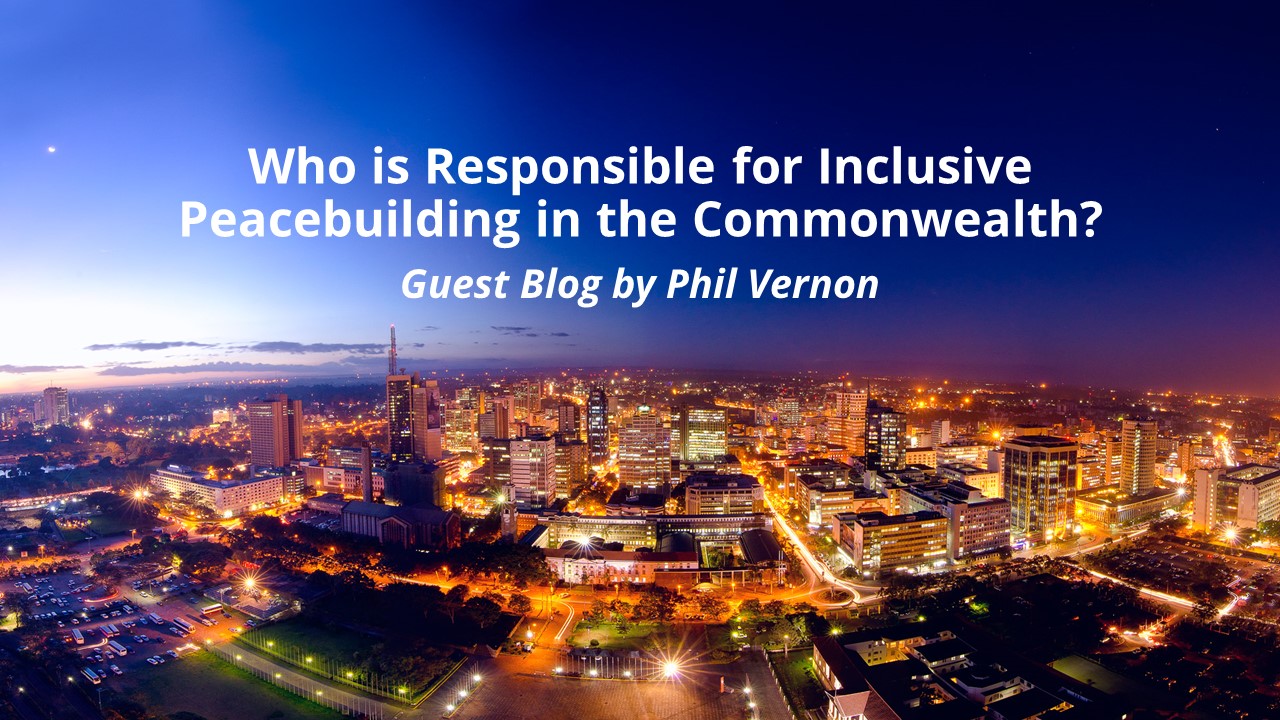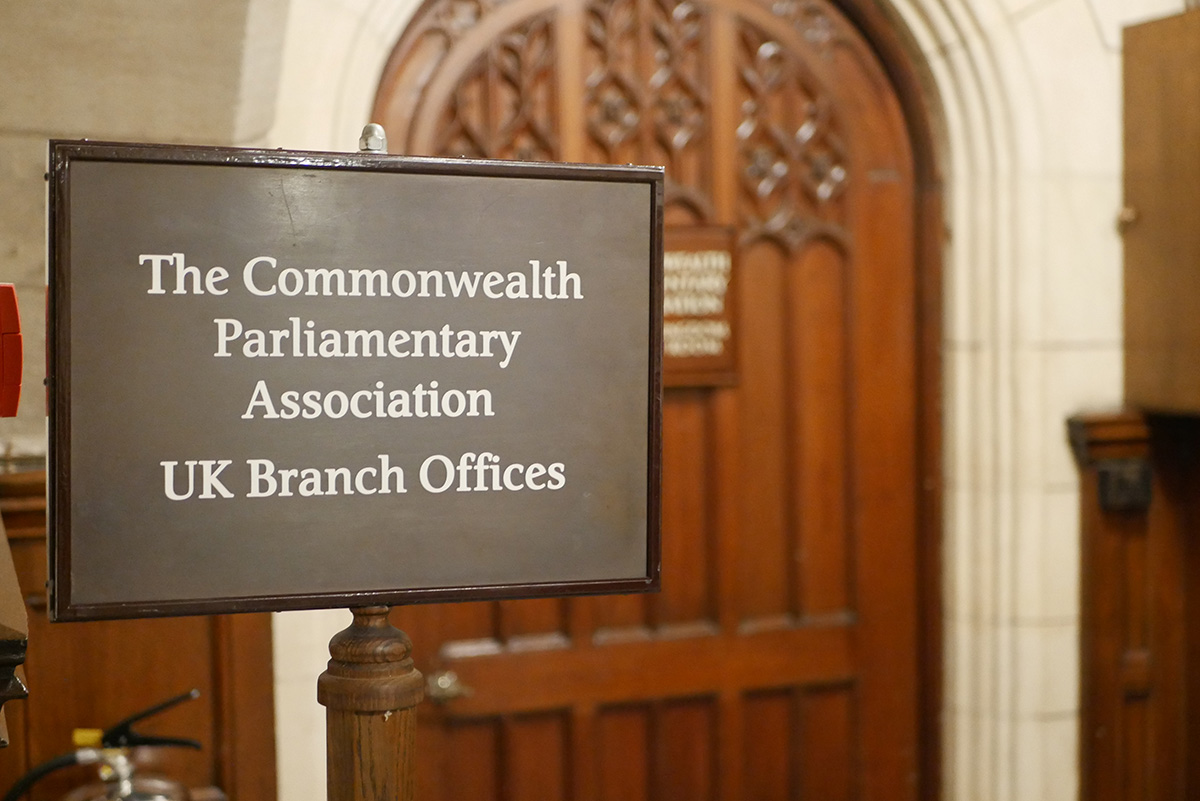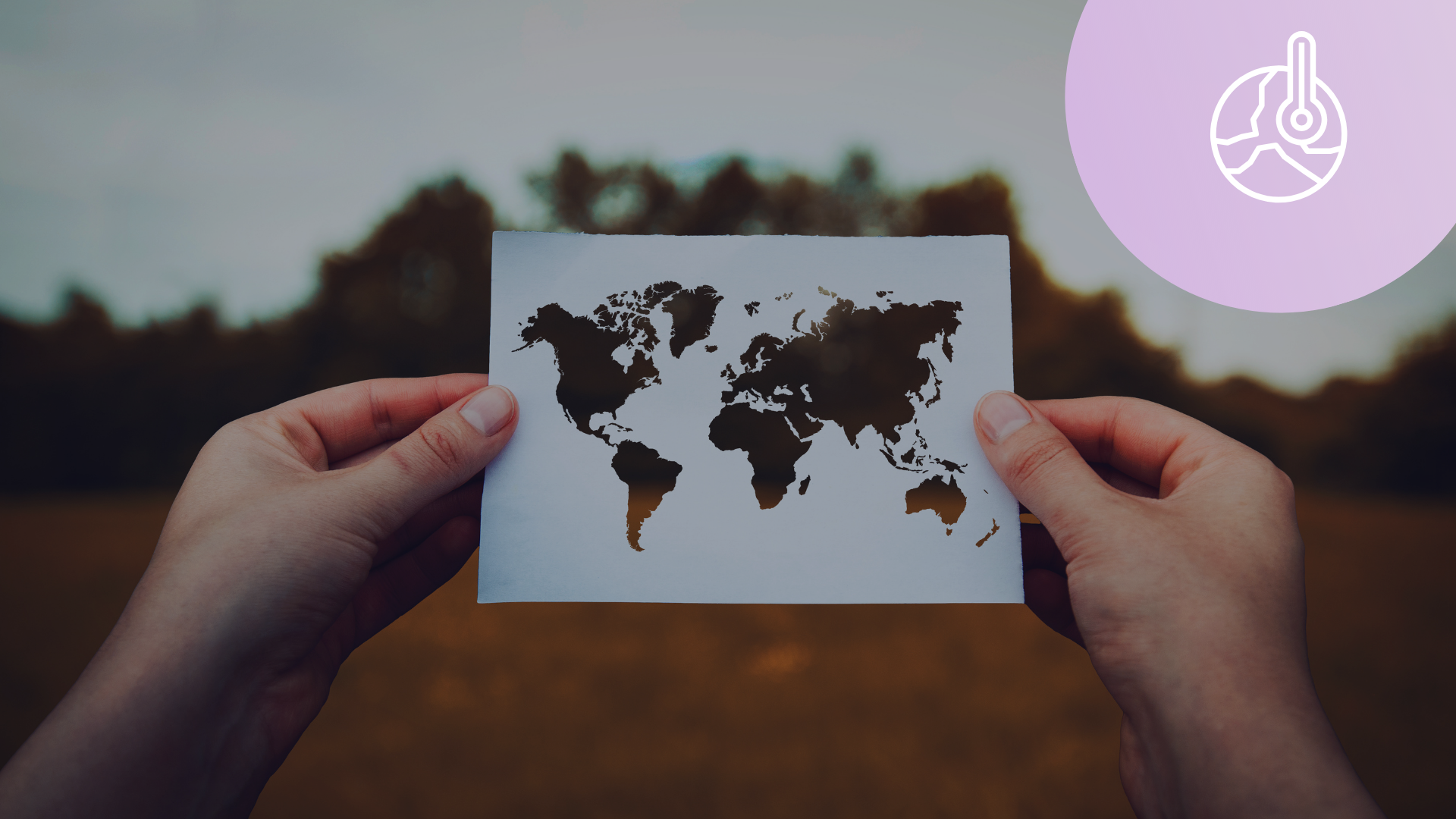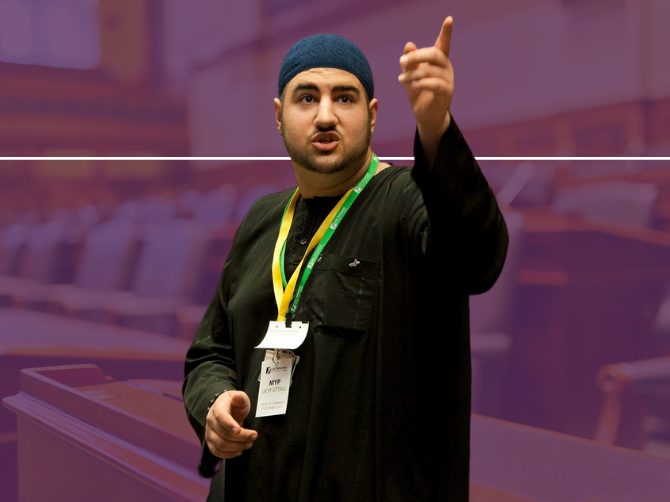Guest Blog - Who is Responsible for Inclusive Peacebuilding in the Commonwealth?
Published 04 April 2019

Conflict is not in itself bad. Indeed, without conflict – differences of vision, perspective and interest, and the competition over ideas– it’s hard to see how we could make much progress in human society. What’s bad however, is when conflict is unmanaged and unresolved, and becomes violent.
Levels of violence are on the rise, as shown by news headlines and the recent and current experiences of far too many children, women and men around the world. The annual Global Peace Index score has consistently got worse from year to year in the past decade. So we clearly need more inclusive peacebuilding.
Peacebuilding is the collective term for the many different ways in which people and institutions try to achieve two goals. First, prevent, minimise or stop the violence. If successful, this may create what’s sometimes known as a ‘negative peace’ – i.e. where people aren’t harming one another, but the conflicts – or at least their underlying causes – remain unresolved, with a risk of further frustration and violence in the future.
The second goal of peacebuilding is therefore ‘positive peace’ – the ability of societies to anticipate, manage and resolve conflicts, based on the availability of functional, open and trusting relationships between people and peoples, and between citizens and the institutions and people with power to make decisions that affect them. These are sometimes known as horizontal and vertical relationships, respectively. When these relationships work well, they are both the cause and the result of people’s fair access to a series of essential public goods: decision making and accountability processes, economic opportunity, education and health and other services, justice, and security.
An inclusive peace is one in which people – and recognisable groups in society – feel they have fair access to those things, and are therefore included, not excluded. Being included, they have opportunities, not grievances. Inclusive peacebuilding refers to peacebuilding processes that enable fair outcomes, through processes that are in themselves as inclusive as possible, given the circumstances – i.e. they too are fair.
Why This Matters to the Commonwealth
There are several reasons why this matters to the people and institutions of the Commonwealth. First, it should matter to us all morally, that people are suffering from violence. That is one reason why the Sustainable Development Goals include a global commitment to building peace. Peace is also part of the raison d’être of the Commonwealth, mentioned almost at the top of the Charter, which in its second line refers to the problems created by living through ‘an era of …. unprecedented threats to peace and security’. The Commonwealth commissioned Amartya Sen to write Peace and Democratic Society in 2012, a core Commonwealth text.
Some Commonwealth countries are clearly affected by active or unresolved conflicts: Bangladesh, Cameroon, Cyprus, Fiji, India, Kenya, Pakistan, Lesotho, Nigeria, Rwanda, Sierra Leone, South Africa, Sri Lanka and Uganda come most readily to mind. But others are situated in so-called ‘bad neighbourhoods’ – places where conflicts can spill readily over the border from non-Commonwealth countries. Others are affected by chronic gang violence linked to crime and politics.
Others, still, are affected by the nasty strain of populism currently spreading across the world, including in some of the apparently more ‘advanced’ democracies, and by the threat of various forms of violence linked to extreme politics, including terrorism. What happened in New Zealand recently was enough to remind us that nowhere is really safe from conflict. And many Commonwealth countries are also threatened by Islamic extremist terror.
Everyone is a Potential Peacebuilder
Relatively few people and institutions see themselves as ‘peacebuilders’. Certainly far too few to resolve all the world’s conflicts, if we were to rely only on them. Fortunately, however, all of us can contribute to peace. Many of us already are, even if we don’t quite see it like that. That’s because anyone who has an impact on the nature of the public goods referred to earlier, has the capacity to make them either fairer, or less fair, i.e. better or worse, for peace: economic opportunities, decision-making and accountability processes, education, health and other services, justice, and security…
What this means is that all political and technical actors and agencies working on such issues – whether their role is primarily a political or technical one – need to set peacebuilding goals, alongside their other goals. They need to ask themselves: how can we implement our role, in a way that makes peace stronger and more durable?
Economics and Peace
Let’s take a look at the question of economic access, for example. The European Union is widely recognised as a peacebuilding project – on a vast scale. And yet its origins were in the (comparatively) humble Iron and Coal Communities, established by leaders who sought to combine key economic sectors in France and Germany, and thus neutralise the apparent interest of either, in going to war with the other. Whether that makes it an economic project with a peacebuilding goal, or a peacebuilding project with economic goals, partly depends on your politics, and may not matter. In either case, it is a classic example of how economic policy decisions can be harnessed to peacebuilding goals.
Other intergovernmental economic blocs can do the same: look at their neighbourhood, identify the risks of violent conflict, and work out economic policies to reduce them, and include these in regional agreements and ways of working together. Even if this means foregoing some economic benefit in the short term. I think all Commonwealth countries are members of one or more such regional blocs.
Governments can and should of course do the same within their own borders, for example setting stability and peace goals, and using these, alongside GDP, defence, poverty eradication, etc., to define and gauge the effectiveness of their policies and programmes. Kenya, to take an example, can consider economic policies that enable better job creation in communities vulnerable to the blandishments of Al Shabab’s recruiters, so that young people are less likely to be attracted to violence. Banking policy can insist – as the government has done in Peru – that all major bank / investment loans are based not just on a financial case and an environmental impact assessment, but also on a social assessment, asking whether the project will be good for social cohesion, or divisive, and refusing the invest in the latter.
Governments help set the tone for societal discourse, so they also need to be publicly explicit about their peace and stability goals, in explaining the decisions they make, so citizens understand why – for example – public funds have been applied to what might seem ‘uneconomic’ investments. President Nyerere of Tanzania perhaps set us a good example when he focused his presidency on creating a stable, unified Tanzania out of many tribes and landscapes, rather than going for the fastest economic growth.
Businesses are of course very important economic players, and they can contribute hugely to inclusive peace if they set their minds to it. Like governments, businesses should set peacebuilding goals, alongside their production and financial goals, and these need to be tailored to the needs and opportunities specific to their business and context. In a divided, multi-ethnic context, they might set out to employ people from both ethnic groups, and foster workplace harmony that employees can take home with them, as some companies have done.
They might also look at their supply chain and make sure that they purchase as much local content as possible, and ensure their procurement is done fairly, to maximise their contribution to local stability. They might take extra steps to follow the letter of the law when it comes to gaining access to land or other resources, even when local practices might encourage cutting corners, as this might help reinforce good governance practices….
Of course, donors and other international organisations, which can have an influential role in fragile contexts, need to make sure that their economic projects and initiatives are conflict-sensitive, contributing to both peace and economic growth. If large numbers of jobs are needed, to maintain the peace, then donors may need to drop the orthodoxy of recent times, in which ‘the private sector must provide’, and go back to a simpler model whereby external transfers are used to subsidise labour intensive public infrastructure for perhaps 2-3 generations, while the economy reaches the capacity needed to provide enough jobs and business opportunities.
Something for Us All
These are just a few examples, and all peacebuilding has to be context-defined, first and foremost; there are few prescriptions. The key take away, I think, is that inclusive peacebuilding should not be left to the self-avowed peacebuilders. It’s something for us all, and that includes business people and others with an economic sector role.
Phil Vernon, Peacebuilding and International Development Adviser
This guest blog is based on Phil Vernon’s remarks delivered at CPA UK’s Lunchtime Lecture on ‘Inclusive Peacebuilding in the Commonwealth’ in the Houses of Parliament on 2 April 2019.



